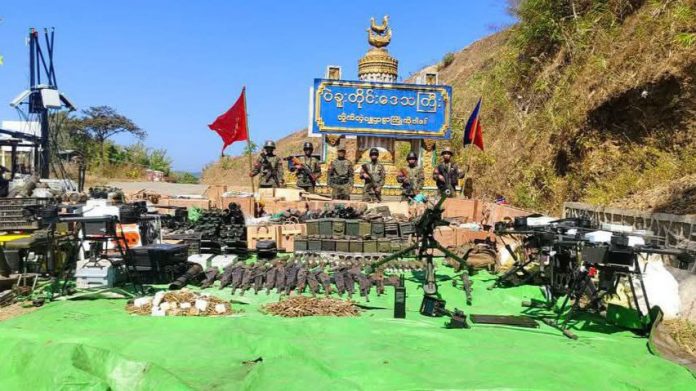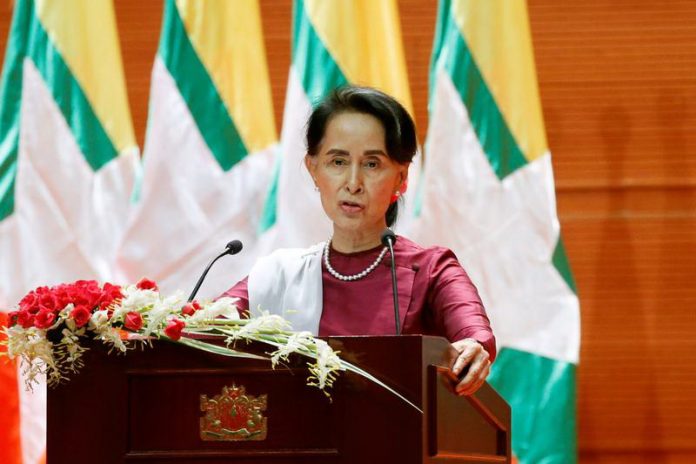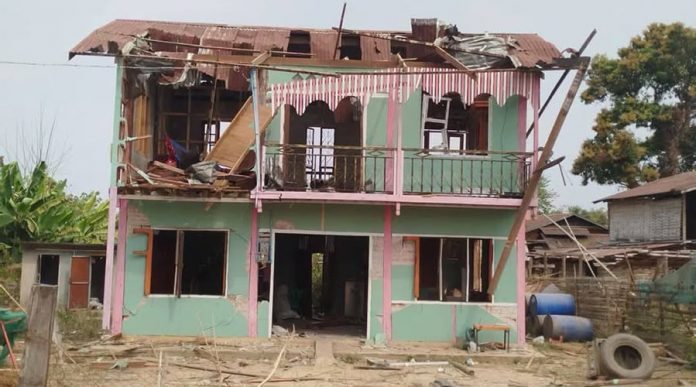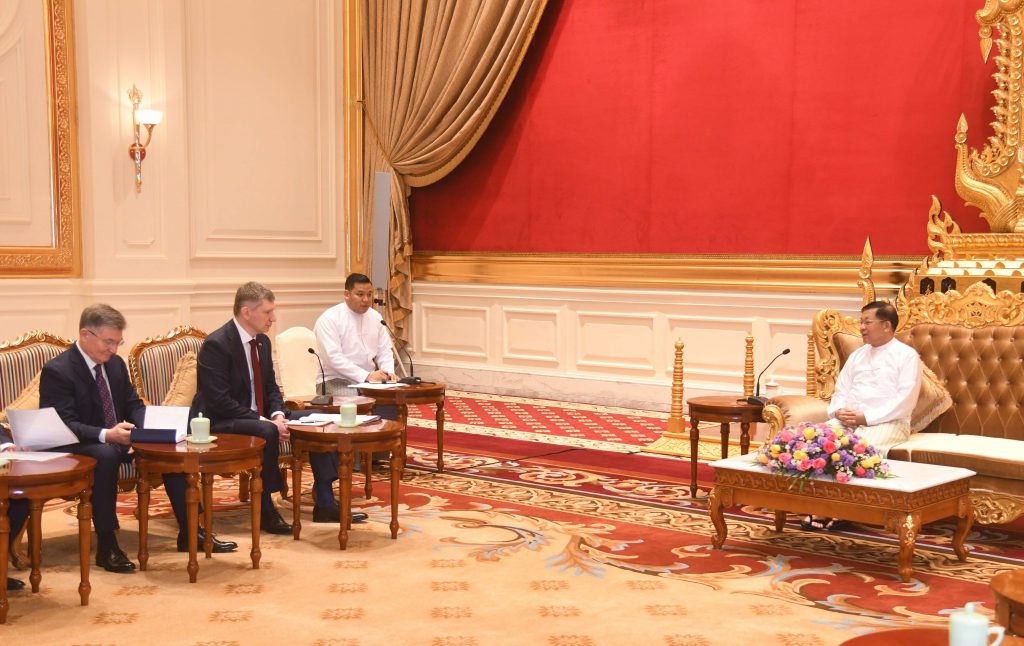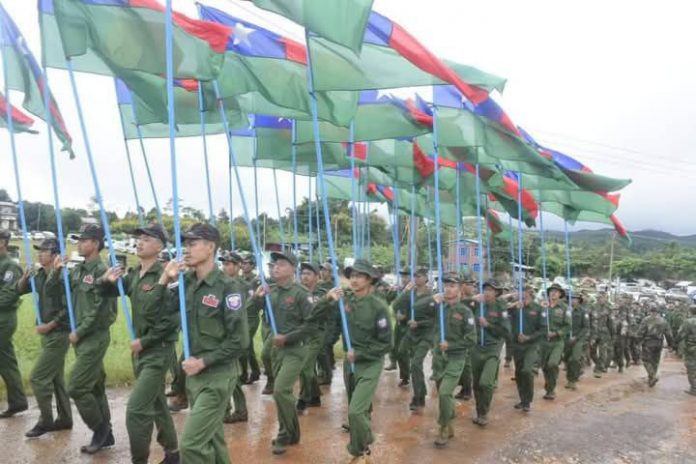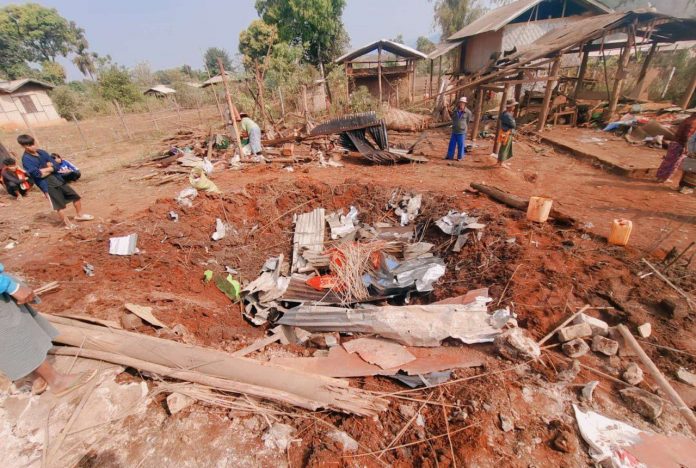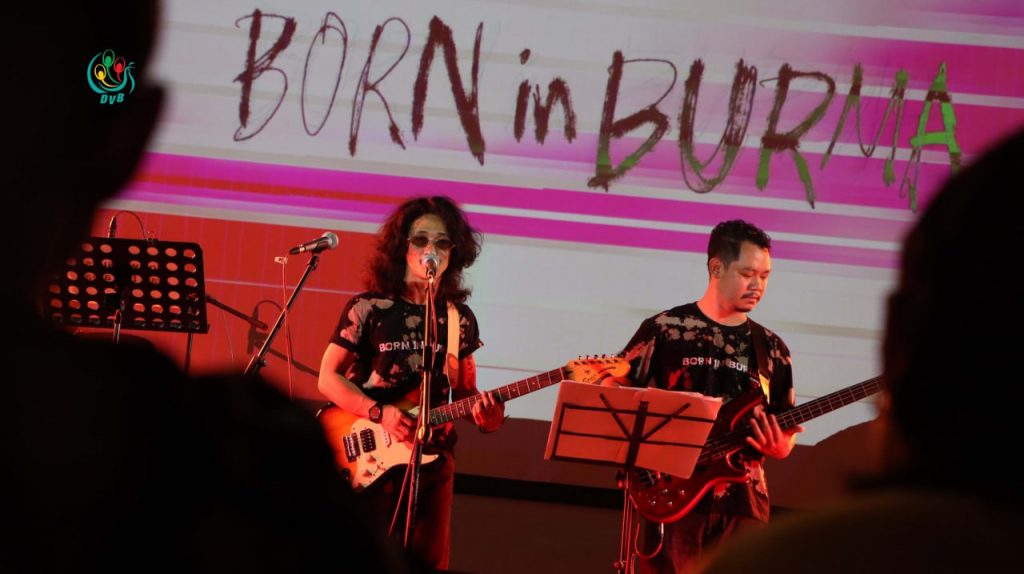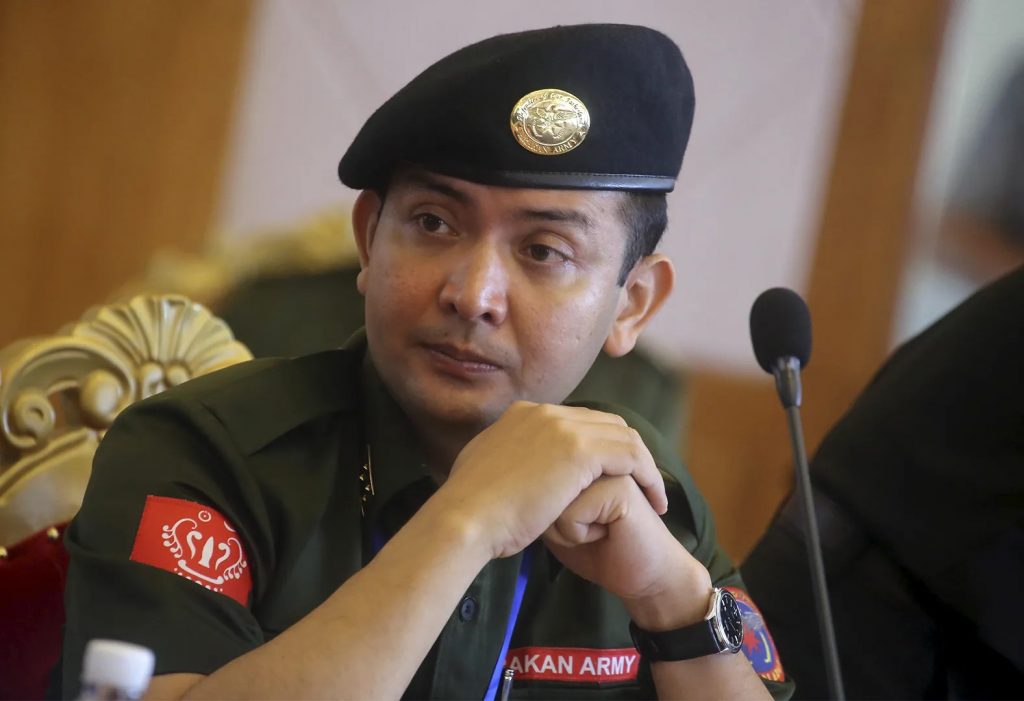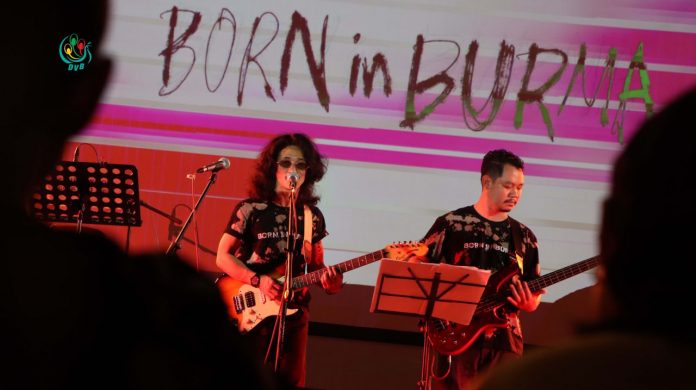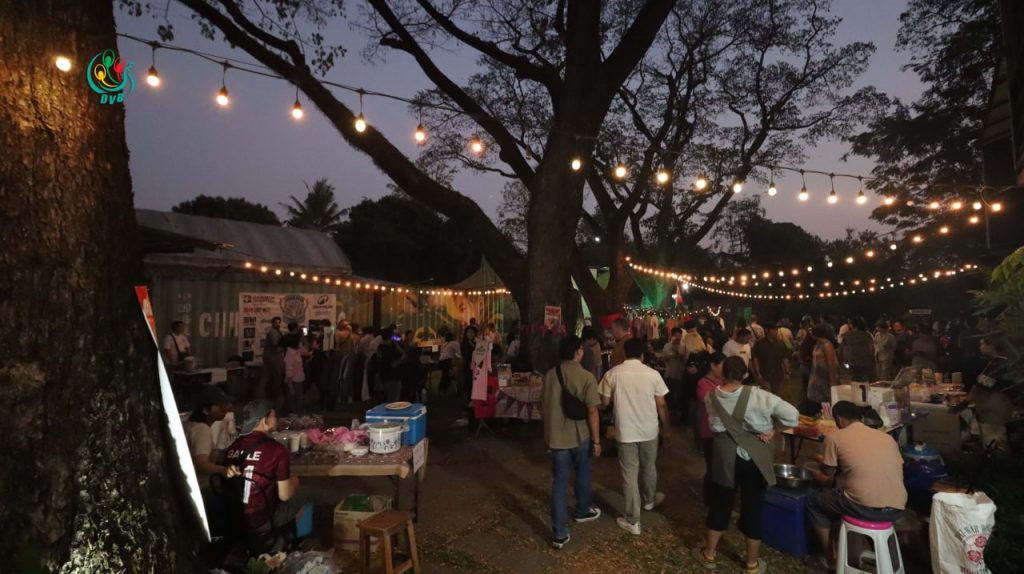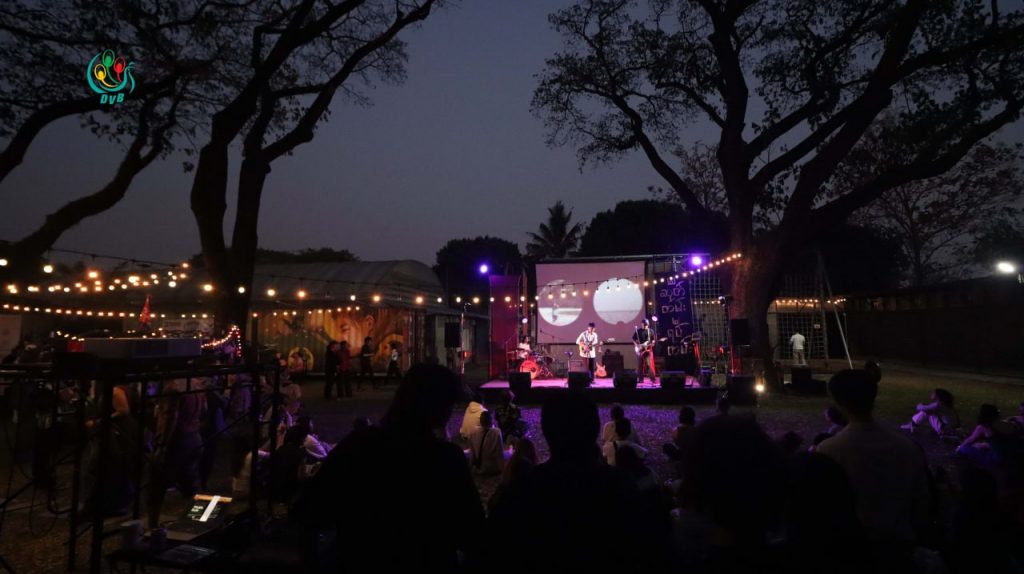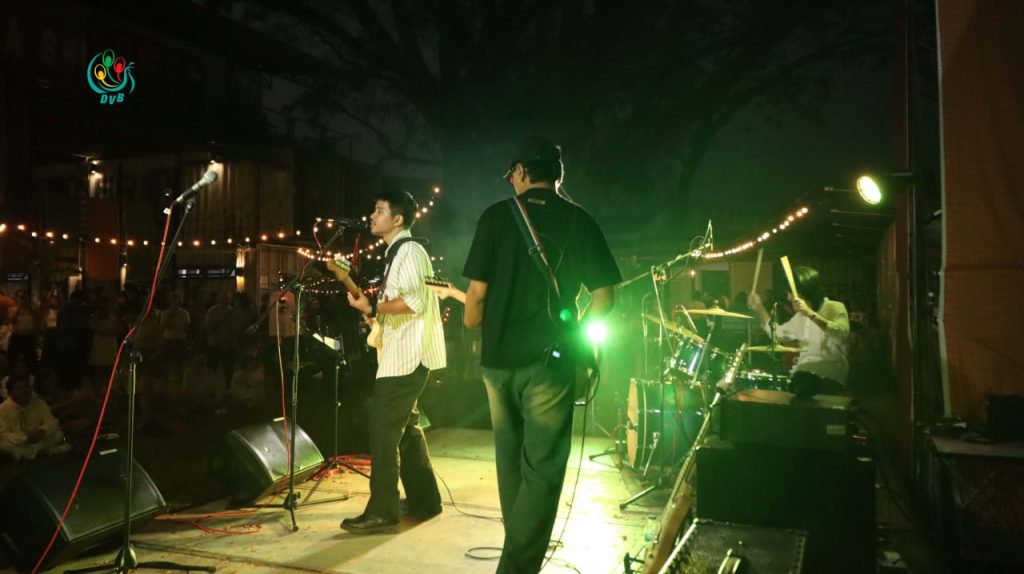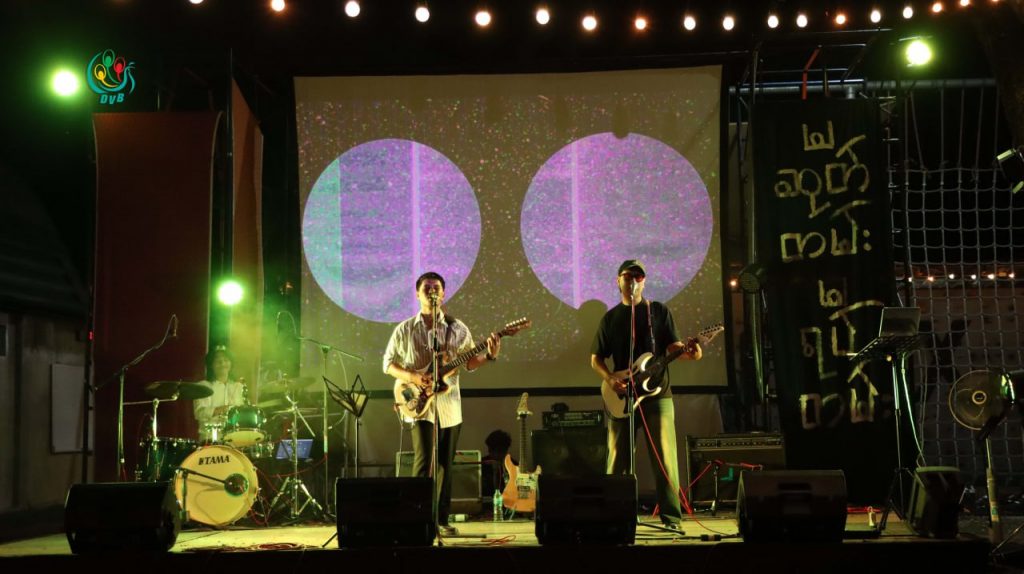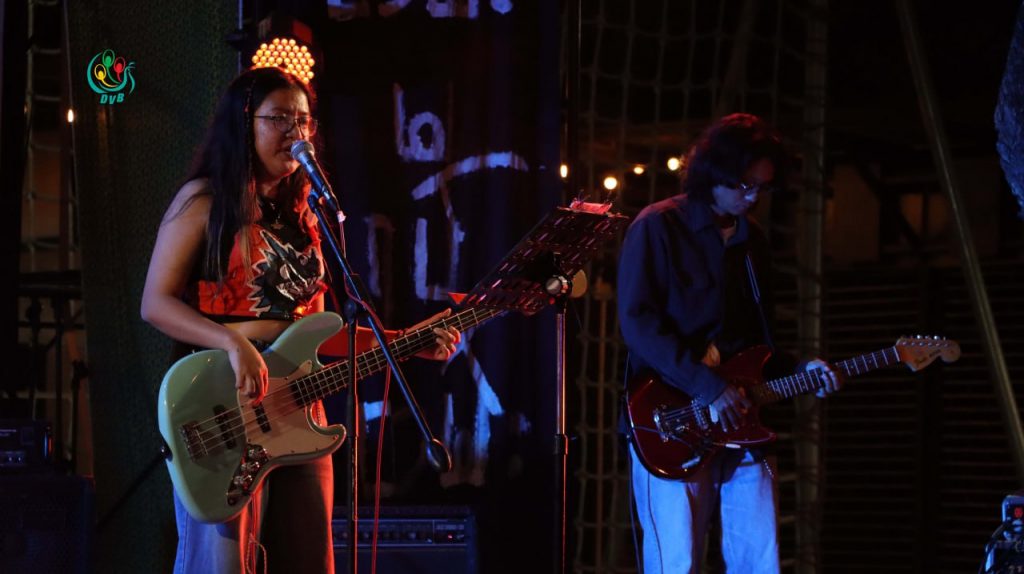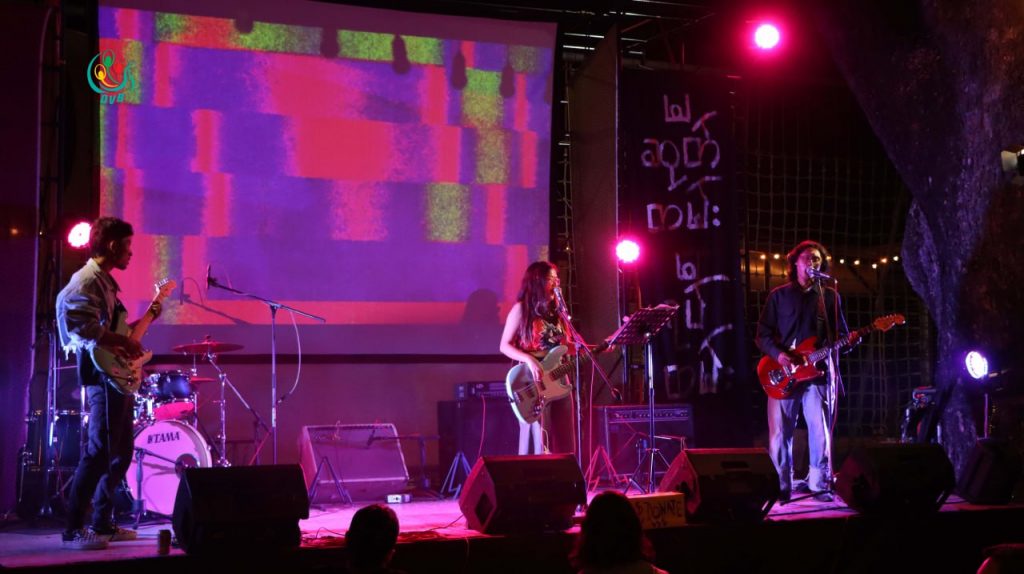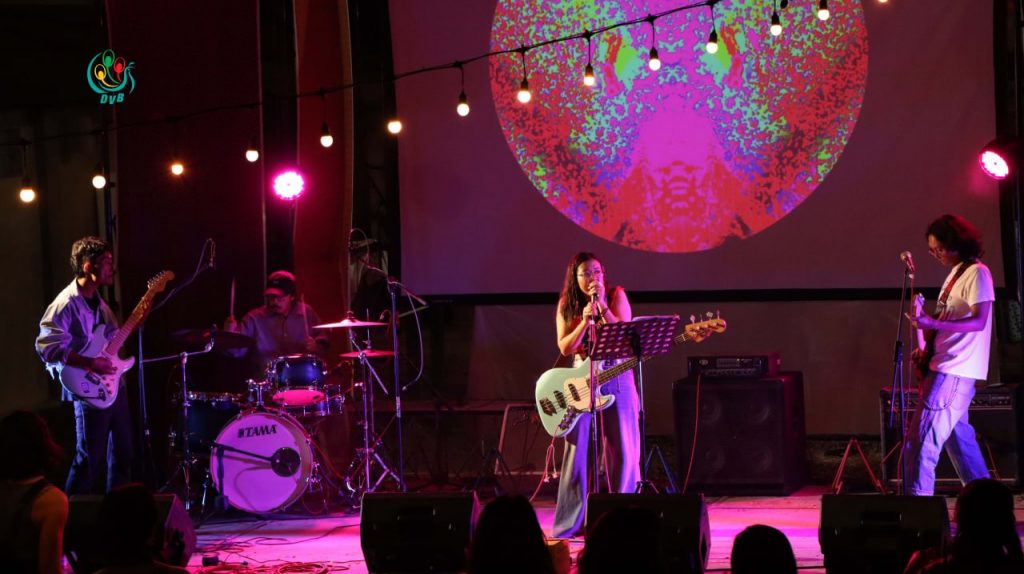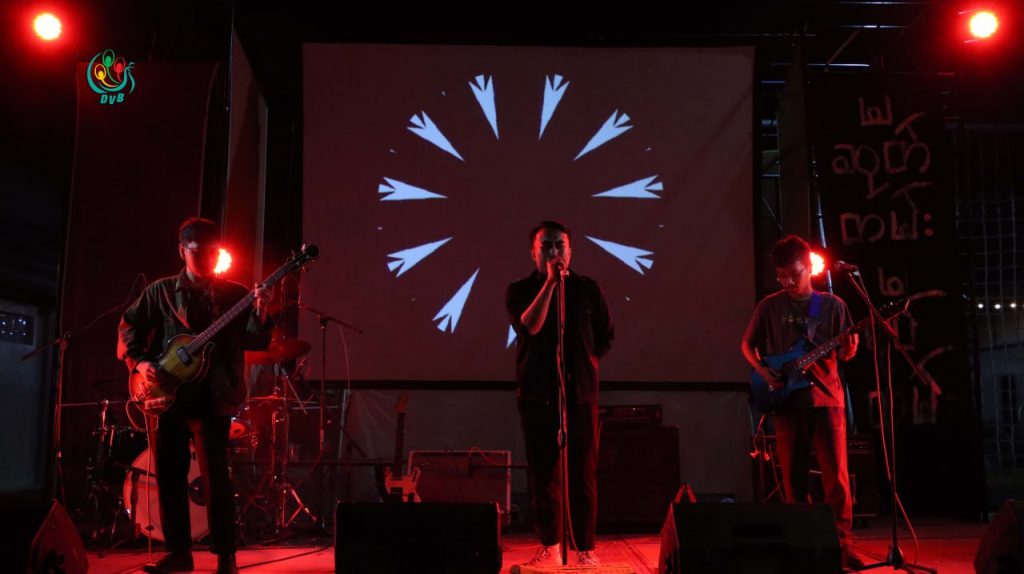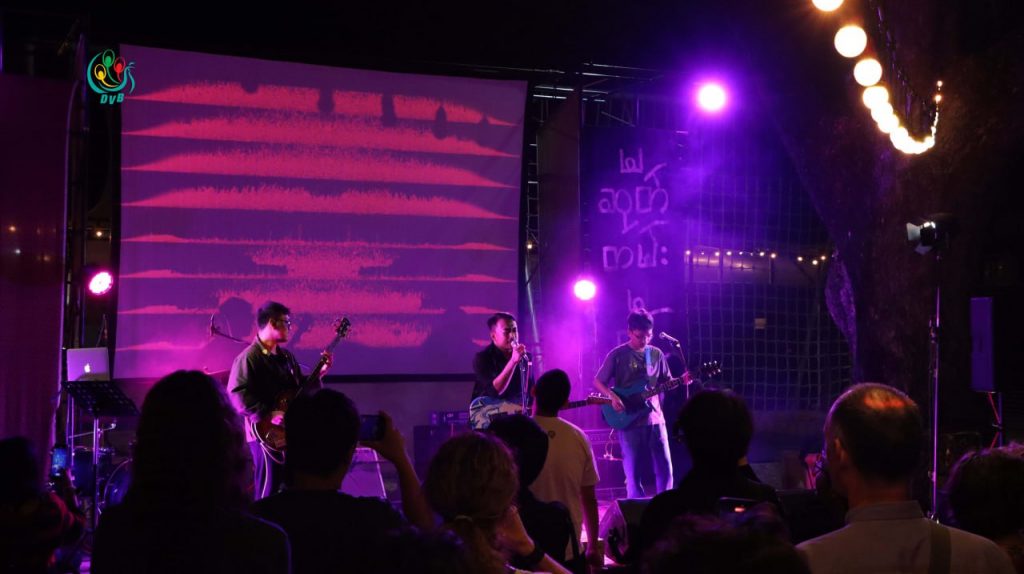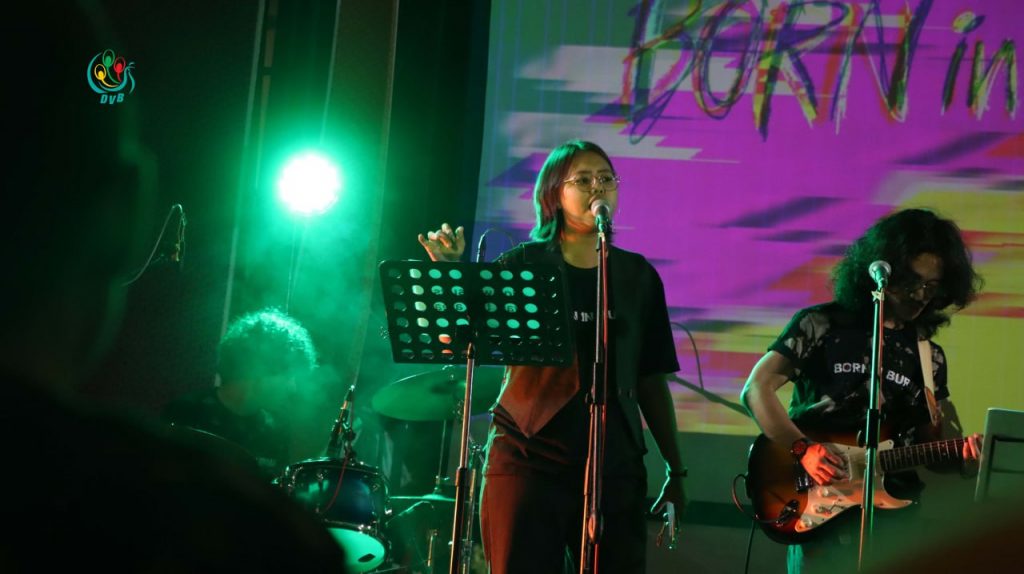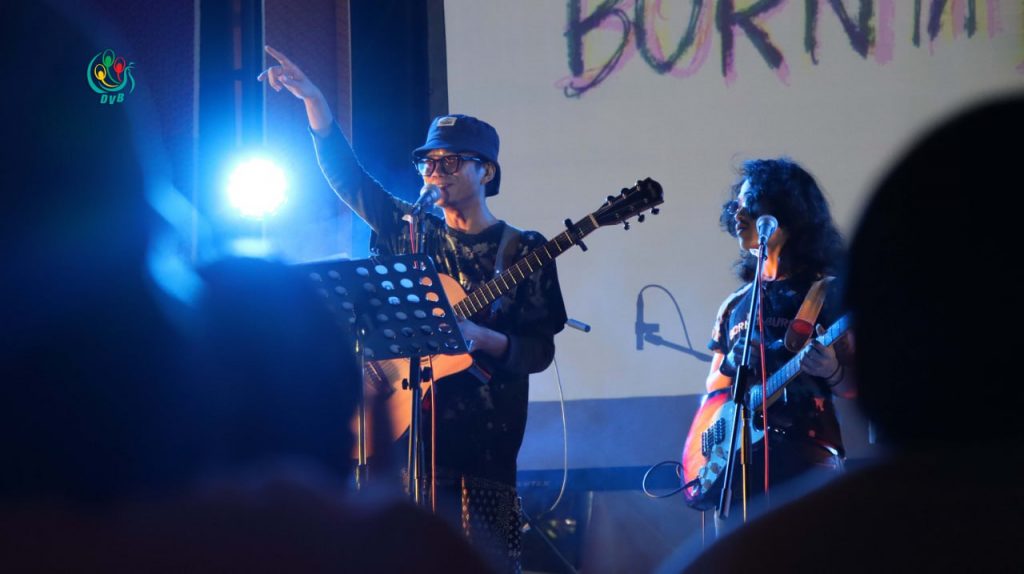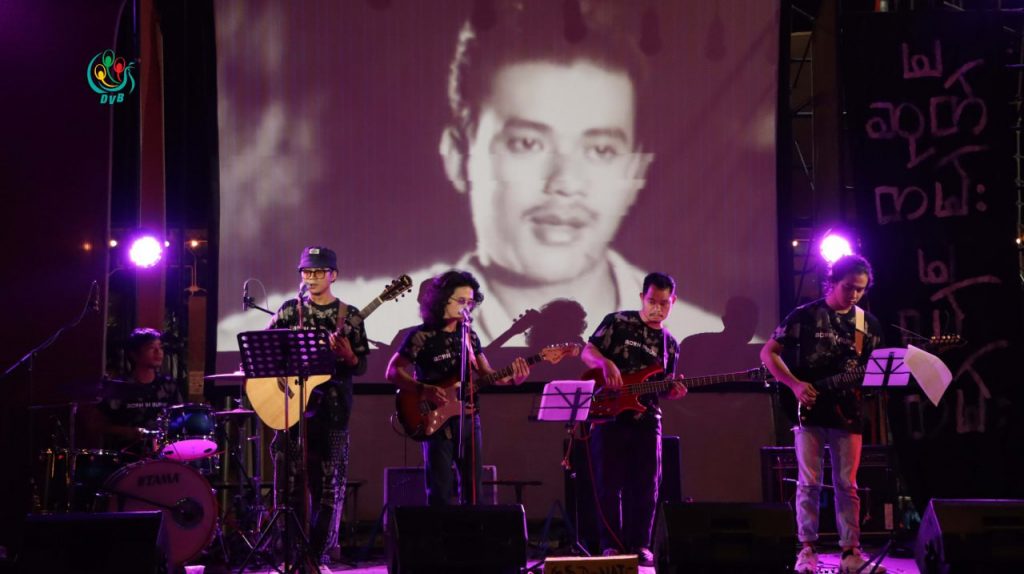Guest contributor
Khin Ohmar
Holding the Myanmar military junta accountable for its atrocity crimes and human rights abuses has been the priority of activists from Burma through decades of oppression and persecution. Perpetrators taking responsibility before the law for harms done is foundational for a society committed to justice and dignity for all.
A truly transformative revolution requires a movement which will hold ourselves to the same level of accountability that we demand of the military. It requires us to question and challenge how we have normalised the everyday injustices around us as a result of decades of suppression by those in power. It requires impartiality in the rule of law.
Our resistance movements are facing an ideological and ethical reckoning around issues of accountability and impartiality. How we respond is crucial for the transformation of our society that will ensure sustainable peace and security for all communities.
An Argentine court recently issued 25 arrest warrants for Myanmar officials accused of genocide and crimes against humanity against the Rohingya – Senior General Min Aung Hlaing and 22 other military officials, as well as State Counsellor Aung San Suu Kyi and former President Htin Kyaw.
The investigation which led to the arrest warrants was supported by documentation and survivor testimonies from the United Nations Independent Investigative Mechanism for Myanmar (IIMM) – the same mechanism that Spring Revolution entities, including the National Unity Government (NUG), have cooperated with and submitted evidence to of the crimes taking place over the past four years.
For many people of Myanmar, naming Aung San Suu Kyi for her alleged involvement in these atrocity crimes is unacceptable, and myriad excuses and rationales are used to shield her from responsibility.
Aung San Suu Kyi has been an icon for democracy, with near saint status, for so many people for so long, it is hard for people to accept that she is a human being who may have made decisions that were detrimental to communities, harmful to people and to the country, regardless of her intentions or limitations in her actual power under the military-drafted 2008 constitution.
But the fact is, Aung San Suu Kyi was elected by the people of the country in an overwhelming majority vote. It is obvious that the Myanmar military plotted to bring her and the National League for Democracy (NLD) party down through supposed ‘power sharing’ arrangements, limiting their power and manipulating them under the 2008 constitution.
Nonetheless, it should be expected that the head of a civilian government, as she was as State Counsellor, be held accountable under the due processes of law to answer for their actions. She is entitled to a fair trial, including the right to fully defend herself. The Argentine court isn’t declaring her guilty, only that she be brought to court to explain herself.
Aung San Suu Kyi has already taken responsibility in her role as the State Counsellor and appeared before the International Court of Justice (ICJ) in response to The Gambia case against Myanmar for breaching the genocide convention. If she was not currently imprisoned by the military junta, I have no doubt that she would have already communicated with the Argentine court.
To truly achieve justice and sustainable peace for all, it is essential that our commitment to accountability be impartial.
How we respond to calls of accountability is all too often based on our own histories, experiences and identities. An emotional response based on allegiance is not impartial, and will not lead to justice – not for the victims, nor for all.
Impartiality demands conscious awareness of the ways in which our identities influence our perspectives, and independence of thought and action to take a stand.
In this time, we must expand our demands for accountability beyond the Myanmar military. We must commit to stand impartially and independently against injustice, no matter who is responsible – from decision-making to commanding to execution of commands.
Our society has never had a chance to truly experience rule of law based on justice – something Aung San Suu Kyi has advocated for throughout. So we must challenge ourselves to question how we will address justice and rights for all in our pursuit of federal democracy as our stands and our actions as individuals will help lay the foundation for the rule of law in future.
For me, the answer lies in developing a conscious awareness of the complexity of identity and belonging: how we hold ourselves accountable individually and collectively and use our inner power to take a stand when we share identities with perpetrators of violence.
My own grappling with identity and belonging was heightened through my solidarity with non-Bamar ethnic communities throughout my 30 years of activism, especially with the Rohingya.
In 2018, I traveled to the Bangladesh border with an international delegation of women to meet with Rohingya survivors of the genocide. I was very conscious of my position as Buddhist and Bamar, sharing identities with the perpetrators of the violence committed against this community.
In a meeting with a group of women, young and old, so many feelings stirred inside me: sadness and anger at their plight, and also discomfort and shame in my identity as part of the oppressor community.
One woman in the circle held my hand and told me, with the help of a Rohingya-English translator, that I reminded her of her daughter from whom she was separated. Fear arose inside me, because she didn’t yet know I was Burmese, and I worried her feelings would change if she knew.
Following the women’s meeting, the delegation visited ‘No Man’s Land’, a small and isolated strip on the border of Burma and Bangladesh, where hundreds of Rohingya people had been stranded.
There I met a Rohingya man among those who received us, who had assumed I was an international visitor. When the translator from the women’s group meeting told him I was Burmese, I felt both scared and nervous: ‘How will this group react to me? Will they receive me or will they hate me?’
When the man realised I was Burmese and a student activist from the 8888 democracy movement, he met me with cheerful eyes. He had graduated from the same university. He asked me to speak to the crowd.
I was very hesitant and questioned whether they would want to hear from a Bamar. He and the young woman translator both assured me they would be very happy to hear from me, but I felt conflicted.
I wanted to speak to the group, to apologize to them and comfort them but I was caught between my fear they would blame and reject me, and the knowledge that I had to face this community and take the responsibility that I hold based on my identity.
They gave me a little megaphone, and I introduced myself as a Burmese and an activist from the 8888 democracy movement. I told them how sad and sorry I was that they had to face this. At the end, I made a pledge. I promised I would do my best to work for justice and help them get home to where they belong, the Rakhine state.
The consciousness and awareness of one’s position in the cycle of oppression is key to empathy and solidarity work. It can feel very uncomfortable to acknowledge our connection with oppression – often the recognition evokes anger, guilt and sadness that can lead to denial, negligence, hatred and victim-blaming.
But we have to find the courage to overcome these difficult emotions, and the worry and fear that we might be blamed or rejected.
Paradoxically, solidarity can be isolating and distressing when one has shared identity with oppressors. I was marginalised by colleagues in the 1988 movement once I took a public stand in solidarity with the Rohingya community – I was rejected and even threatened with hatred by those with whom I had many more identities in common, whom I thought held the same beliefs as me about justice – which was deeply hurtful.
To my shock and devastation, many Burmese activists not only shielded Aung San Suu Kyi from any responsibility, they aligned with our long-standing enemy – the Myanmar military, and publicly supported the military for its clearance operations against the Rohingya.
I was labeled a traitor and enemy of the state because I chose to use my inner power of empathy and responsibility to stand with the oppressed across our differences instead of keeping silent and complicit with the perpetrators with whom I share majority, or dominant, identities.
At the same time, despite my compassion and empathy, I was keenly aware of the fact that I am not part of the Rohingya community and I haven’t experienced their suffering. I am committed therefore to stand with them in solidarity and support, but with a constant self-reminder that I should never be in the forefront of their struggle for justice.
Standing up for justice can leave us feeling stranded, unsure, rejected, alienated, and at worst hated. It takes guts and courage to be firm in what we believe, to take responsibility with consciousness and empathy.
If we let our emotions and fear override our belief systems, we can get stuck in denial, leading to silence, withdrawal and negligence that perpetuates suffering and abuse. But individually and as a movement, we have a choice. And only the choice of accountability, with impartiality, brings justice and peace.
Our resistance movements have already gained strength from internal accountability. The Spring Revolution has been marked by notable awareness by the Buddhist Bamar majority of the decades of discrimination and persecution that all the ethnic nationalities have faced, and a commitment to work in solidarity to end not only military but all forms of dictatorship and oppression for all.
Recognition of the plight of the Rohingya and atonement for the silence, blame and ill treatment directed towards them by many Burmese people, prompted public apologies, and a formal apology by the NUG was backed by a Rohingya policy, prioritising the repeal of the 1982 discriminatory citizenship law.
These efforts to build trust and understanding across identities are crucial to ensure dignity, human rights and justice for all in a future federal Myanmar. That same consciousness and courage must also ensure a commitment to impartiality. Now the Argentine court arrest warrants, which include two civilian leaders, provides us each an opportunity to challenge ourselves to take an impartial stand for justice.
At the same time, the NUG must provide moral leadership for the resistance on the issues of justice, accountability and rule of law and continue their good faith efforts for the Rohingya. In this regard, it is worrying that the NUG statement in response to the court decision, dated February 18, has the potential to severely undermine their stand on justice and accountability.
It can also undermine a court that acted independently and impartially under international law following years of solidarity work to recognize the rights of the Rohingya. With a credible court able to intervene, the NUG needs to accept the Argentine prosecutor’s decision to include the NLD civilian leadership in the case, and allow an impartial judicial process to move forward towards a just outcome.
Aung San Suu Kyi is a senior being unjustly imprisoned by the illegal military junta, and she must be released unconditionally and immediately. At the same time, an independent and impartial court needs to determine whether the two civilian leaders were involved in or held any role in the 2017 Rohingya genocide, especially as leaders of government at that time.
We must not defend them simply because they are icons, politicians or civilians, but support them to be able to prove their innocence with evidence presented to the court.
Justice for the Rohingya, all ethnic nationalities and all of Myanmar’s peoples, is essential for a future federal Myanmar built on equality, justice, human security and sustainable peace.
This moment requires those of us who believe in and work for justice to challenge our own biases and to sit with our own discomfort and fear. It requires us to commit to accountability with impartiality of our movement and the NUG, as we continue to hold the military accountable for the grave violations of human rights and atrocity crimes it has committed.
Khin Ohmar is a Myanmar human rights activist who was involved in organizing the 1988 nationwide pro-democracy uprising. She is also the founder of Progressive Voice, a Myanmar human rights organization.
DVB publishes a diversity of opinions that does not reflect DVB editorial policy. We’d like to hear what you think about this or any of our stories: [email protected]


